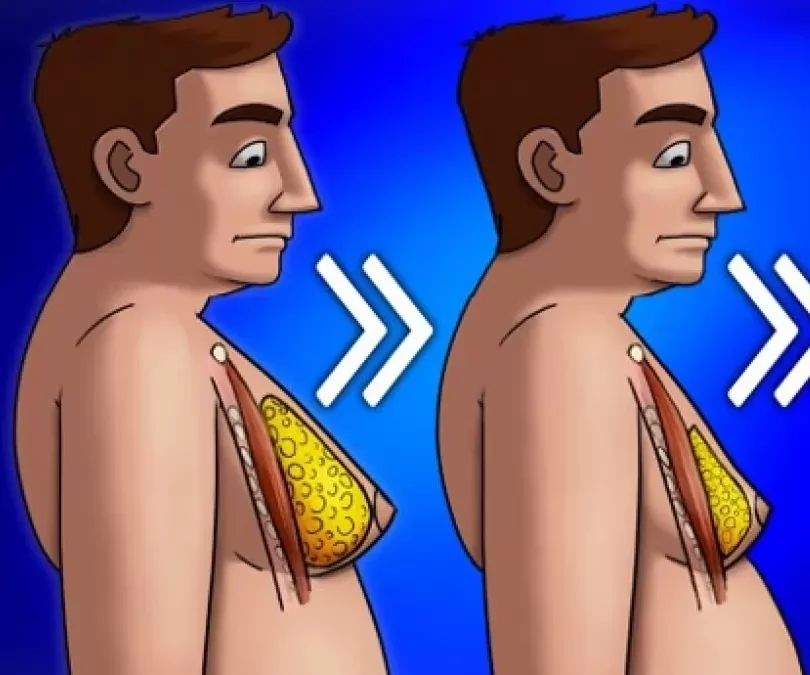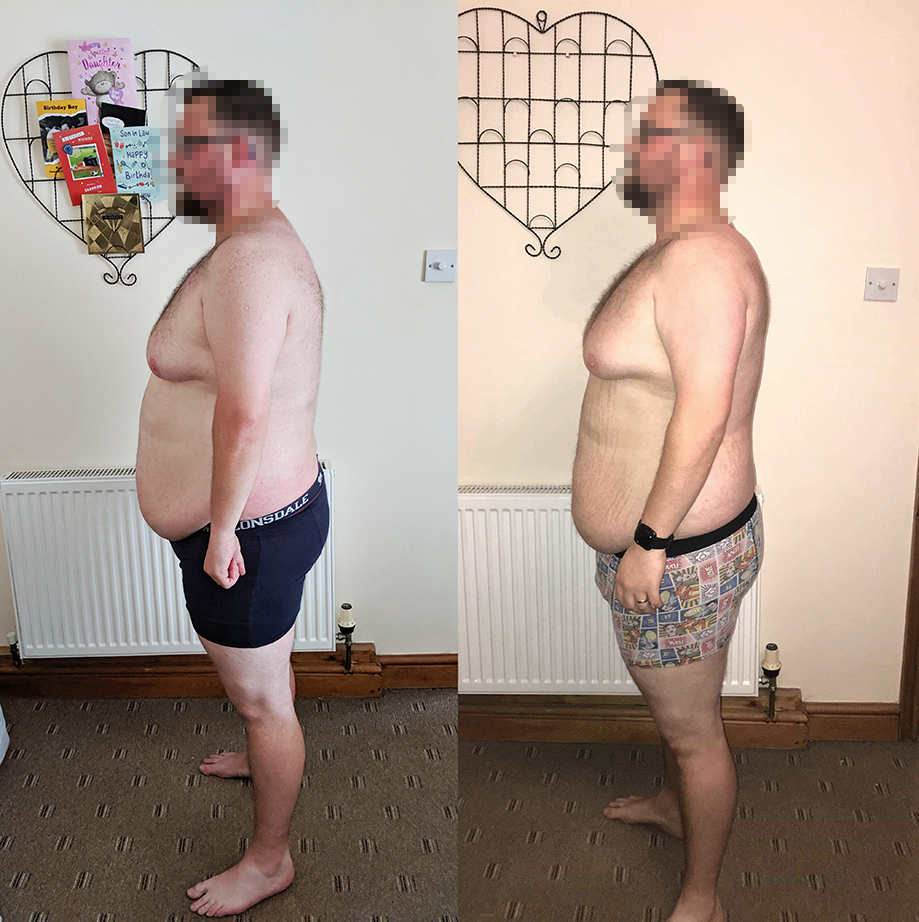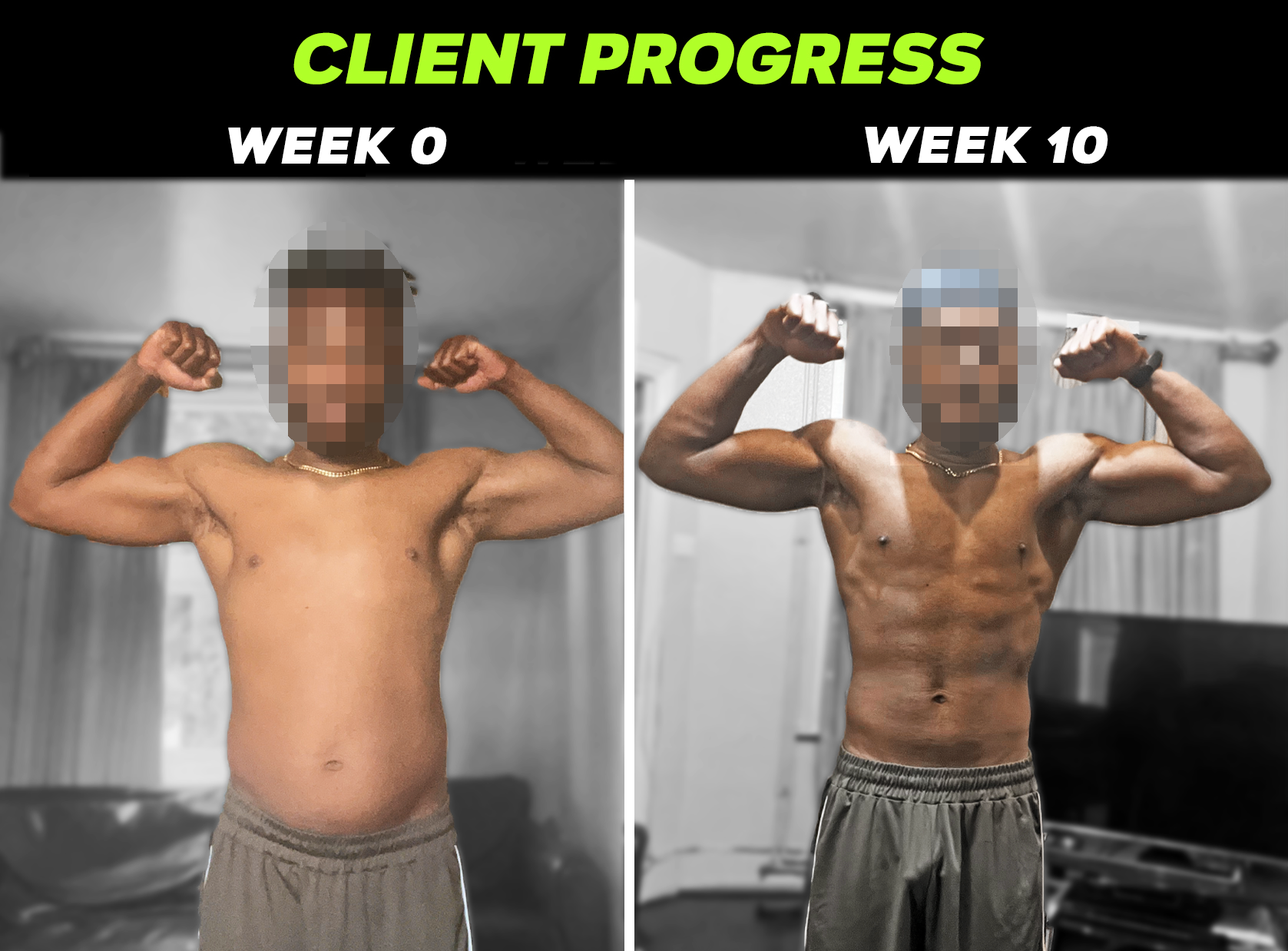Got puffy nipples? Don’t worry, you’re not alone. It’s a common problem that can make you feel self-conscious and affect your confidence, especially when you’re at the beach or working out.
So, what’s causing your puffy nipples, and how can you fix them? Let’s dig in and find out!
What are puffy nipples?
Puffy nipples, occur when the nipples protrude (stick out) more than usual and look swollen or raised. This can happen to both men and women, and it’s usually not a medical concern. However, if you notice sudden changes in your nipples or they become painful, it’s best to see your doctor for a quick check up.
What causes puffy nipples?
Here are a few reasons why you may develop gyno:
- Hormonal imbalances: Puffy nipples are often associated with hormonal imbalances, particularly high levels of estrogen. This can happen during puberty, pregnancy, or menopause, as well as in men who have higher levels of estrogen than testosterone.
- Genetics: They can also play a huge role in the development of puffy nipples. If you have a family history of puffy nipples, you may be more likely to develop them yourself.
- Age: Somewhat similar to the above, age is definitely is a factor due to teenager puberty, it’s common for teen boys to have an issue with gyno.
- Weight gain: Puffy nipples can also occur if you gain weight, especially if you have excess fat in your chest area.
- Certain medications: Some medications, such as steroids can cause hormonal imbalances that lead to puffy nipples.
What can you do about your Gyno?
The good news is that Gyno is usually harmless and can be treated with some lifestyle changes:
- Exercise: Regular exercise, especially strength training, can help reduce excess fat in your chest area and improve your muscle to fat ratio. This can make your nipples appear less puffy due to the extra muscle added.
- Diet: Eating high protein, fibre, and healthy fats can also help you lose weight and improve your hormonal balance.
- Supplements: Certain supplements, such as zinc or omega-3 fatty acids, can help regulate your hormones and reduce inflammation in your body (don’t expect magic fixes though).
- Surgery: In severe cases, surgery may be an option. However, it’s important to discuss the risks and benefits of surgery with your doctor before making a decision.
In conclusion, gyno (especially in teens) is a common concern, but they don’t have to affect your confidence or quality of life. By making some lifestyle changes, you can reduce the appearance of your puffy nipples and feel more comfortable in your own skin.
Good Luck





